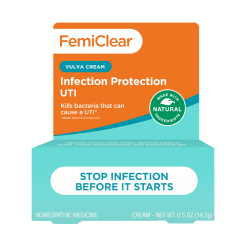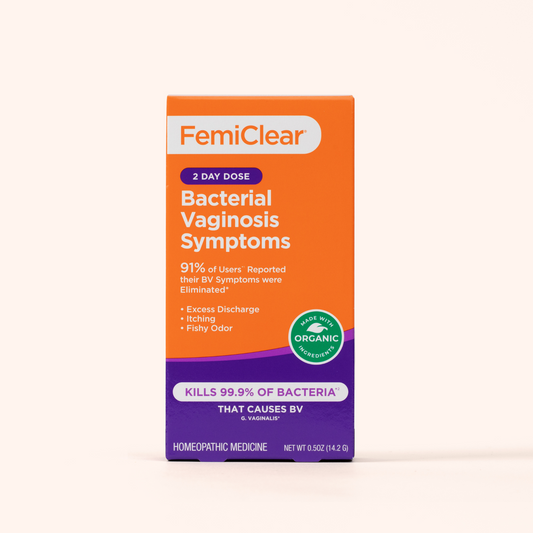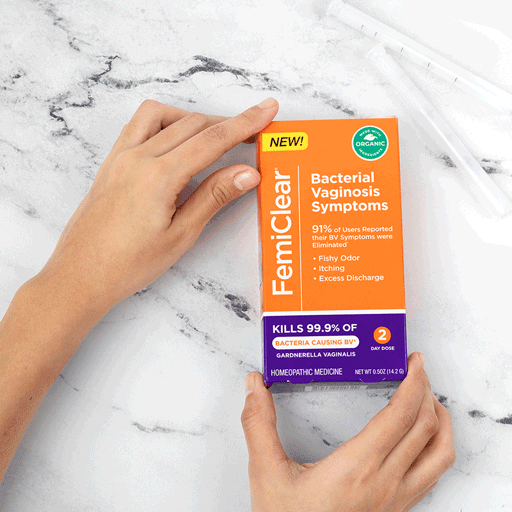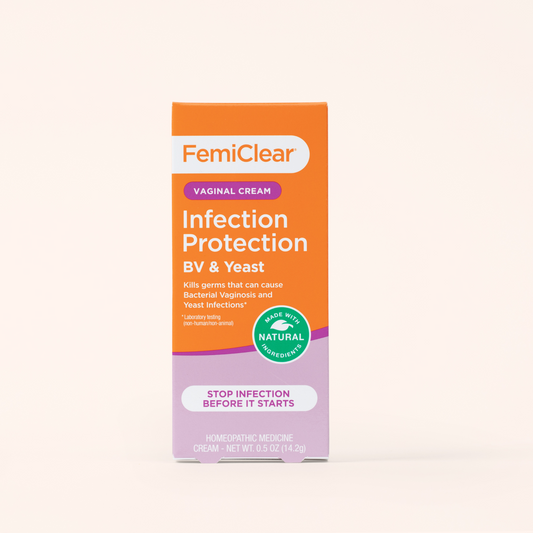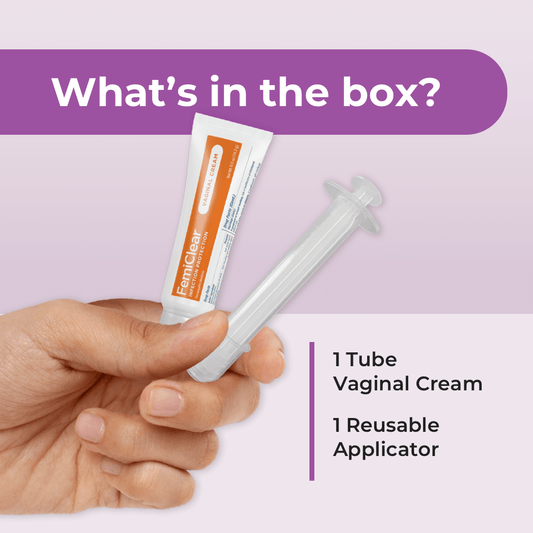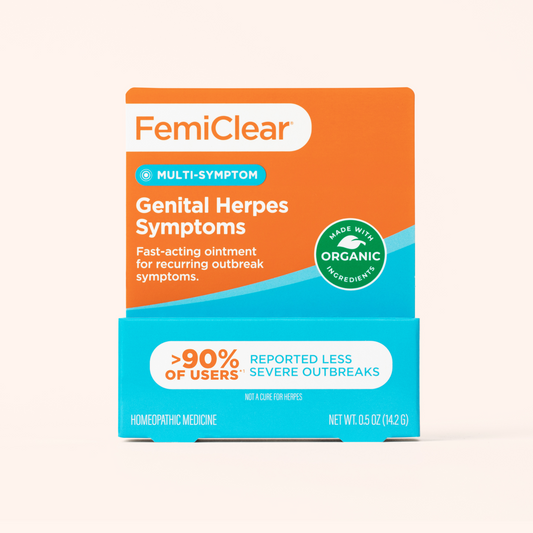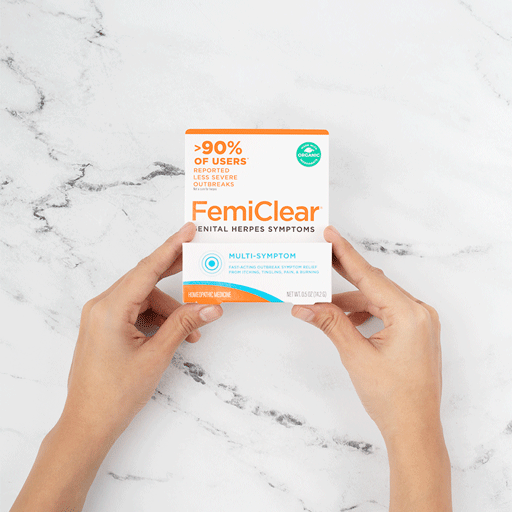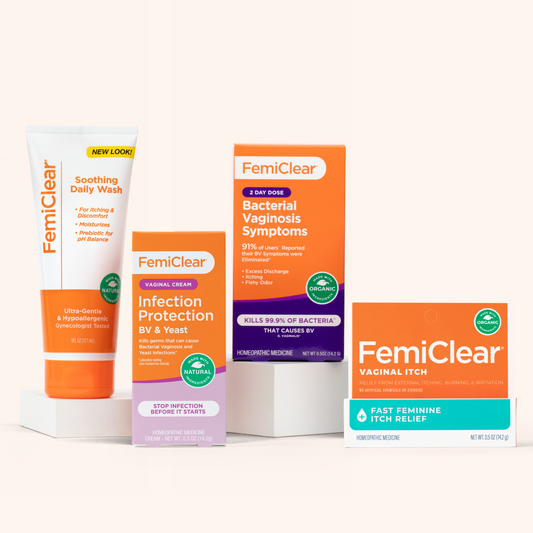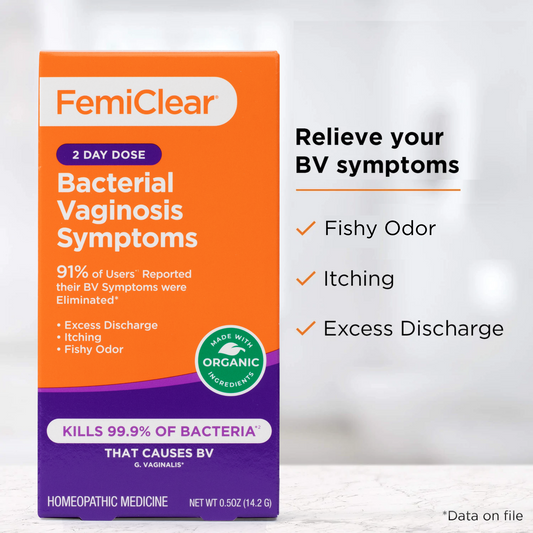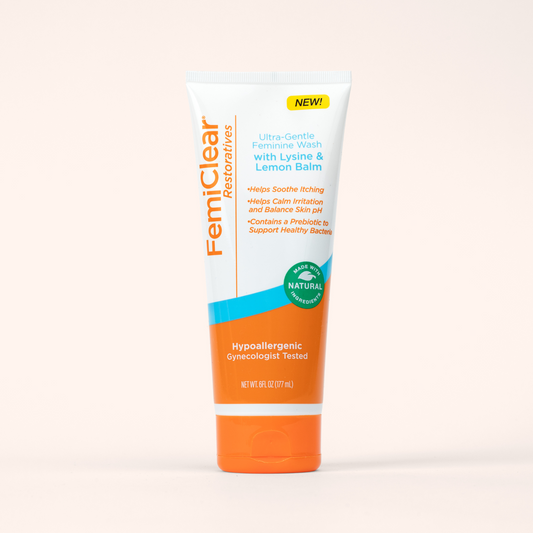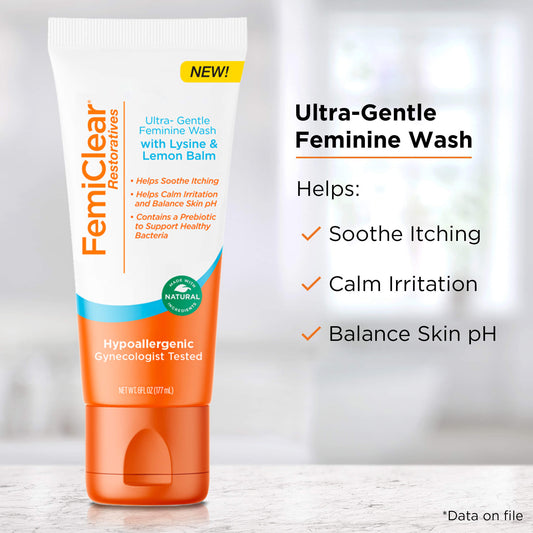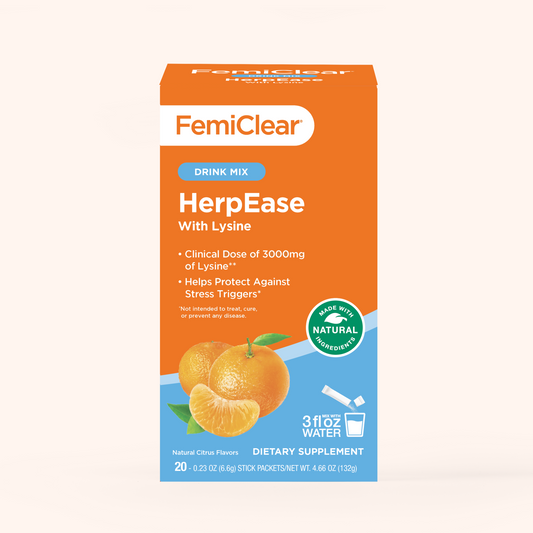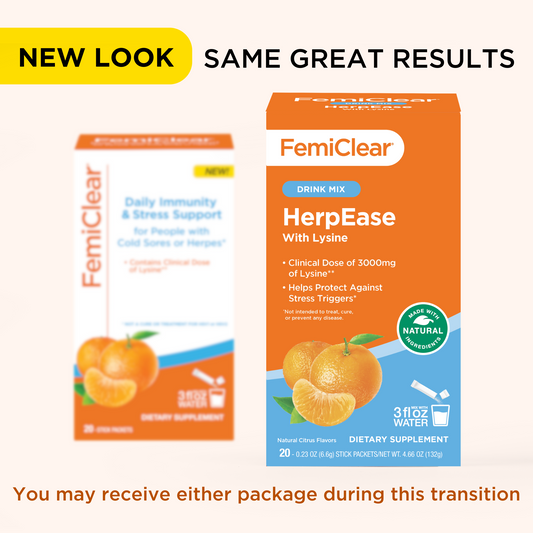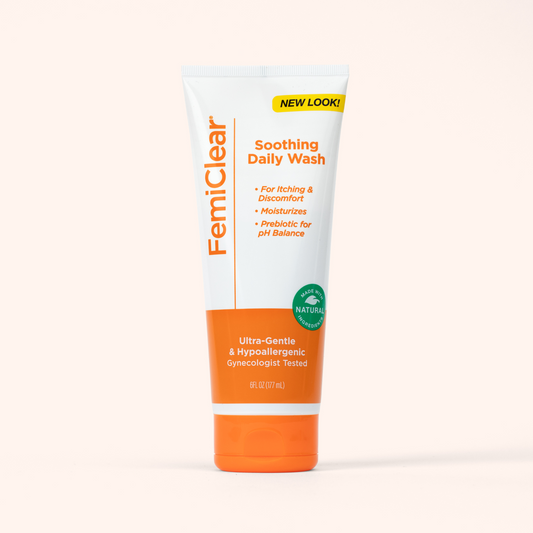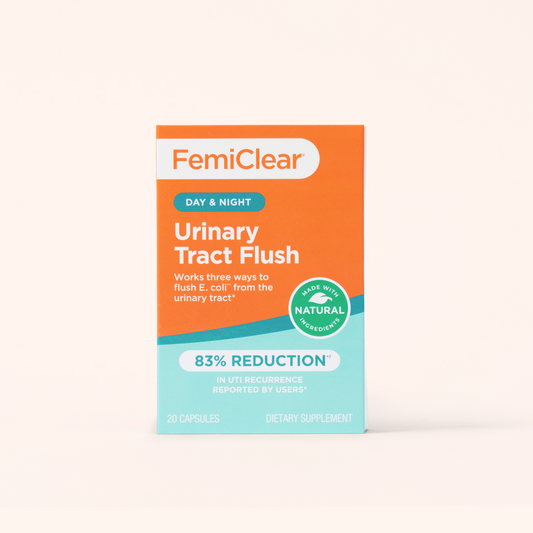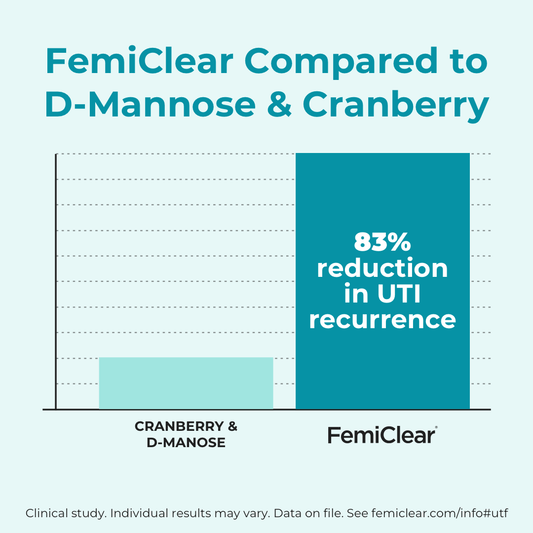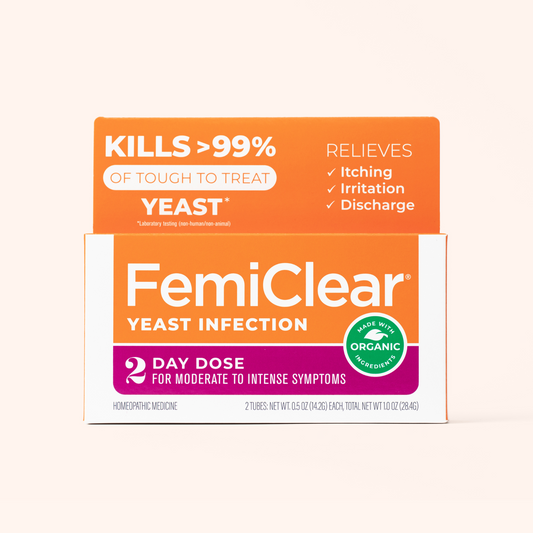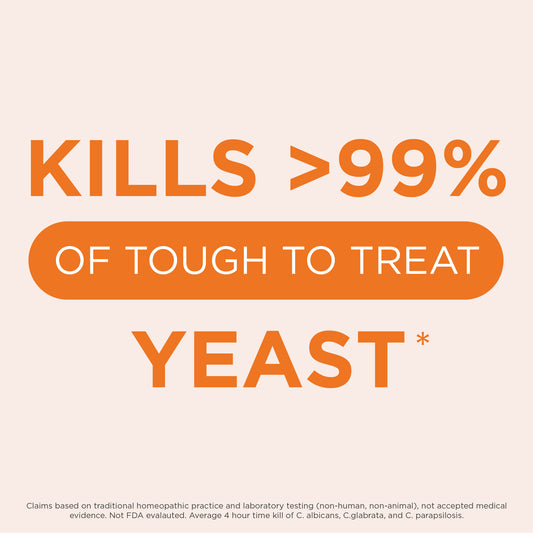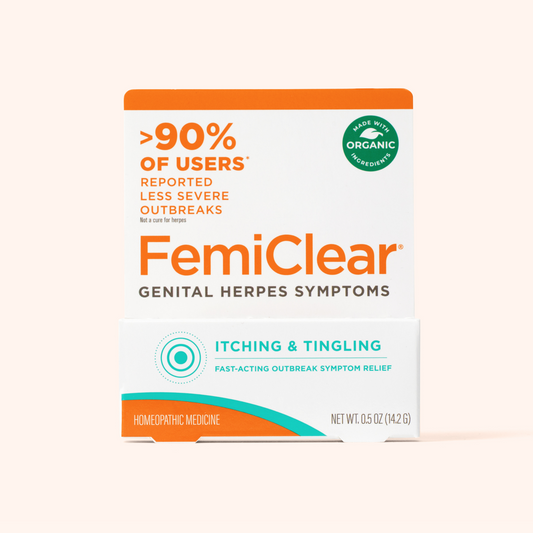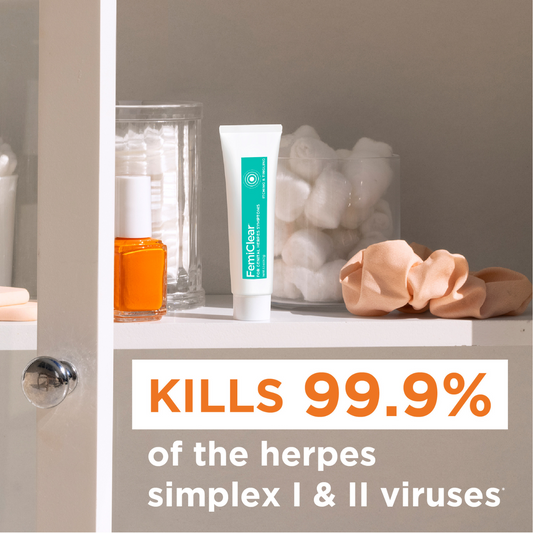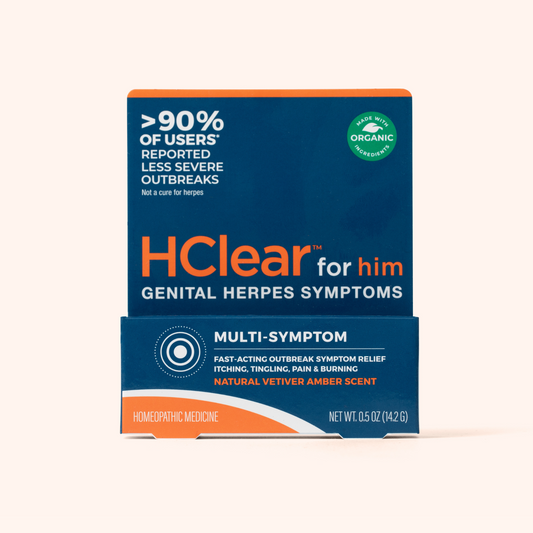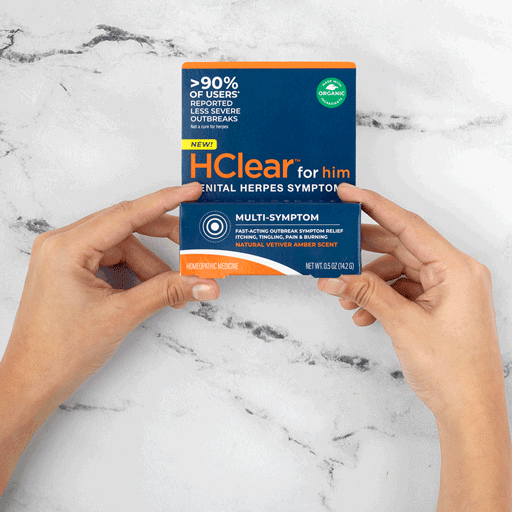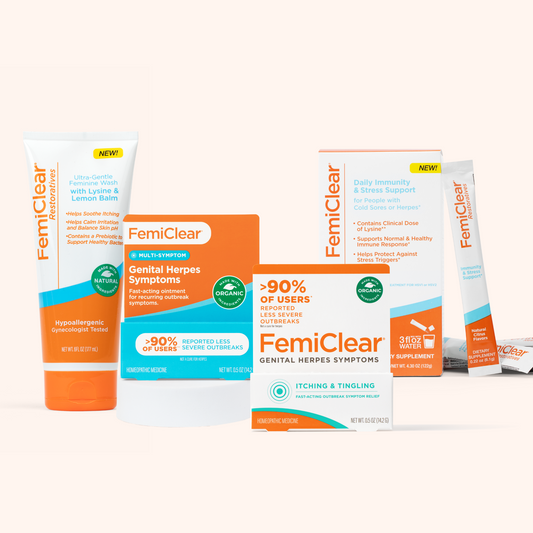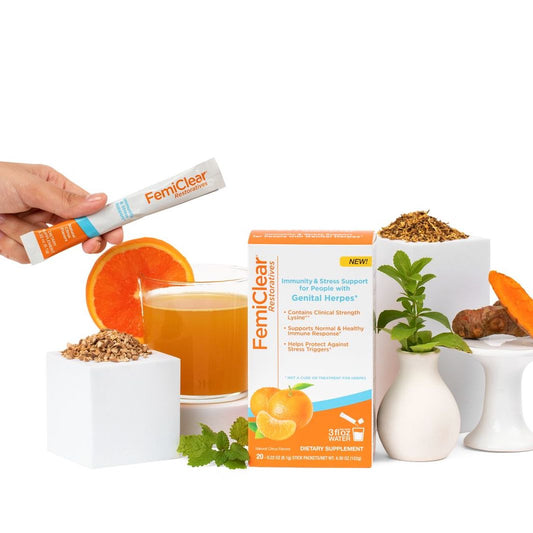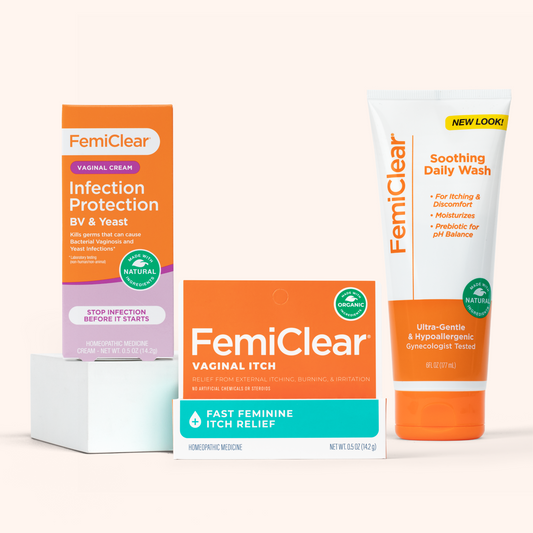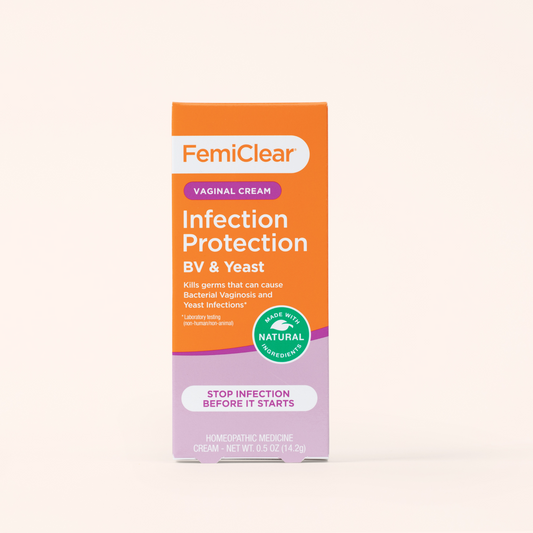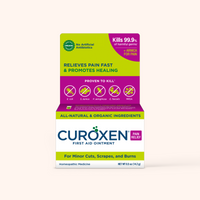Table of Contents
Related Articles
Safe Sex with Herpes, BV, and Yeast Infections: A Guide
Written by Julia Pelly, MPH Feb 28, 2023

When you’re sexually active it’s important to get to know your body and understand how to have the safest (and best) sex possible. Figuring out how and if you can have safe sex when you’re experiencing a temporary or chronic genital infection can feel frustrating and, with all sorts of misinformation out there, it can be hard to know whom to trust.
Instead of scouring the internet to figure out what’s safe and what’s not or what you need to do to keep yourself and your partner safe, check out this guide to safe sex when you have genital herpes, a yeast infection, or bacterial vaginosis.
Can You Have Sex with Genital Herpes?
Receiving a herpes diagnosis often feels stressful and overwhelming. Even though 18.6 million people are currently living with herpes in the U.S. (that’s over 12% of the United States population) and 572,000 people are newly diagnosed with herpes each year, there is still a lot of shame associated with herpes. A primary concern of those newly diagnosed with herpes is how it may impact their sex life. Here’s what you need to know:
What are the symptoms of herpes?
Herpes is characterized by tingly, itchy, painful, or inflamed blisters on or around the genitals, buttocks, or inner thighs. These blisters typically appear as red, white, or yell fluid-filled bumps that look different from ingrown hairs, pimples, or razor burn. Once the blisters break they turn into sores that scab, itch, and often remain uncomfortable until they heal.
During a first herpes outbreak, you might also have flu-like symptoms including:
- Fever
- Swollen glands
- Muscle aches
- Headache
- Fatigue
In general, the first outbreak has the most severe symptoms and subsequent outbreaks tend to be less severe and to become further apart with time. Though these are the classic symptoms of herpes most people who have herpes don’t have any noticeable symptoms at all.
Is herpes contagious?
Genital herpes is most contagious when you’re having an outbreak and sores are visible but it can also be passed from one partner to another when there are no symptoms visible at all. There are several ways to reduce the likelihood of spreading herpes to a partner, including avoiding sex during outbreaks, using condoms, and taking antiviral medication.
How can you have safe sex with genital herpes?
One of the best ways to help keep you and your partner safe is to get tested and share your herpes status with your partner. While sharing your diagnosis can feel stressful, your partner cannot truly consent to sex without having all the information about your STI status that you have.
Getting a herpes diagnosis doesn’t mean your sex life is over though. In fact, some people find that the open communication that safe sex with herpes requires can improve communication and deepen their relationship with their partner. Keeping the lines of communication open and learning about herpes together can help both partners feel informed and empowered.
While you do need to take some precautions to prevent spreading herpes, herpes is only one small part of your life. There are all sorts of reasons that you may not want to or be able to have sex at any given time and avoiding sex while you have an outbreak does not need to feel any different than avoiding sex during your fertile window if you are using natural family planning or avoiding sex when you have the flu, allergies, or a stomach bug because you’re not in the mood or up for it.
If you know that you have herpes, you can help prevent spreading it to your partner in several ways:
- Avoiding sex during outbreaks: if you have any sores or scabs you should avoid having sex until they have been completely healed for several days. Because condoms do not cover the entire genital area it is possible to spread herpes even when wearing a condom.
- Using a condom: While a condom may not prevent the spread of herpes during an active outbreak, it’s important to use one every time you have sex whether you’re having an outbreak or not. Herpes can be contagious even when you don’t have sores so being vigilant is important.
- Taking antiviral drugs to reduce outbreaks: In general, outbreaks get less severe and less frequent over time. Taking antiviral drugs can help space outbreaks even further and ensure they are as mild and short-lived as possible when they do come.
To learn about how to clear your symptoms and feel better faster, check out the Femiclear Multi-Symptom Relief for Genital Herpes Symptoms.
Can you Have Sex with a Yeast Infection?
While yeast infections are unpleasant and uncomfortable, they’re also usually not difficult to treat. Most women experience relief quickly once they start using a remedy designed for symptom relief. Once they start feeling better many women begin to wonder if and when it’s safe to have sex again. Read on to learn more about yeast infections and safe sex.
What are the symptoms of a yeast infection?
Most people become aware that they may be experiencing a yeast infection when they notice unusual vaginal discharge or discomfort, though it can be tricky to tell the difference between a yeast infection and another type of vaginal infection. Symptoms of a vaginal yeast infection include:
- Abnormal vaginal discharge
- Odor-free, white, thick vaginal discharge that resembles cottage cheese
- Vaginal rash
- Vaginal soreness and pain
- Vulva swelling and redness
- Burning sensation, particularly while urinating or during intercourse
- Irritation and itching in the vulva and vagina
Are yeast infections contagious?
Most yeast infections are caused by the fungus candida albicans. When the vagina is in a balanced state there is a mixture of yeast and bacteria with the bacteria functioning to prevent the overgrowth of yeast. If this balance is disrupted, a yeast infection can occur. While most yeast infections are not caused by being in contact with someone who has a yeast infection, they can be contagious.
According to the U.S. Department of Health and Human Services Office of Women’s Health, you can get a yeast infection from your partner. Women who have sex with women are those most at risk of passing a yeast infection from one partner to another. Men who have sex with women who have a yeast infection also face a slim risk of penile discomfort; up to 15% of men who have sex with a woman with a yeast infection will get a rash on their penis.
How can you have safe sex with a yeast infection?
Yeast infections can cause considerable discomfort so many people find that they want to avoid sex until they feel better. For your own comfort, and to avoid further disrupting your vaginal microbiome, it is wise to avoid sex during the duration of your yeast infection.
It’s also important to note that most over-the-counter products that treat or relieve the symptoms of yeast infections can damage condoms, leaving you vulnerable to sexually transmitted infections or unplanned pregnancy. Since many of these products stay in your system for several days after your last dose, it’s recommended to wait 3-5 days to resume vaginal intercourse.
To learn more about how to feel better faster when you have a yeast infection, check out the FemiClear Yeast Infection Gentle Relief- 2-Day Dose.
Can you Have Sex with Bacterial Vaginosis?
All vaginas contain bacteria that, in the right amounts and when well balanced, help keep the vagina healthy. When this normal bacteria becomes imbalanced, it can lead to Bacterial Vaginosis (BV), a common but uncomfortable problem. Here’s what you need to know about bacterial vaginosis and sex.
What are the symptoms of Bacterial Vaginosis?
Bacterial Vaginosis is the most common vaginal problem for women ages 15 to 44 so it’s important to know the symptoms. The primary symptoms of bacterial vaginosis include:
- A grayish-white discharge
- A fishy or foul odor
- Pain, itching, or burning in the vagina
- Burning with urination
- Itching and discomfort around the outside of the vagina
Is BV transmittable?
BV is caused by an imbalance in the vaginal microbiome. One thing that can upset this balance is sexual activity or new partners. According to Up To Date, BV can be transmitted through the sharing of sex toys, oral-genital contact, and fingers.
How can you have safe sex with Bacterial Vaginosis?
If you choose antibiotic treatment for your Bacterial Vaginosis it is recommended that you do not have sex for seven days after completing treatment. This waiting time is designed to give the vaginal microbiome to normalize. If you choose over-the-counter treatment, it is generally recommended that you avoid sex until your symptoms subside. It’s also important to note that if you choose an over-the-counter boric acid solution you must avoid oral sex since accidentally ingesting boric acid can be very dangerous. And, like many over-the-counter yeast infection products, many over-the-counter BV solutions also damage condoms. According to the CDC, men do not need to be treated for bacterial vaginosis but BV can be spread from one female partner to another.
The safest (and most comfortable) course of action is avoiding vaginal intercourse while you are symptomatic and then for several days to a week after you complete treatment or your symptoms subside. Using condoms every time you have sex can help prevent the spread of bacterial vaginosis.
Learn more about how to feel better faster with FemiClear’s Bacterial Vaginosis Symptoms Relief.
Safe Sex, All The Time
Safe sex is a big topic and one that can be difficult to understand. No matter if you have a vaginal infection or not it’s important to be sure that you feel good physically and emotionally before you have sex and that you understand how to protect yourself and your partner.
Using condoms, avoiding sex when you or your partner feels uncomfortable or has a visible rash or discharge, and keeping the lines of communication open will go a long way to staying safe and enjoying sex.
Written by Julia Pelly, MPH Feb 28, 2023

UTI Infection Protection Vulva Cream
Stop infection before it starts
buy now